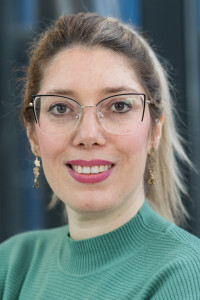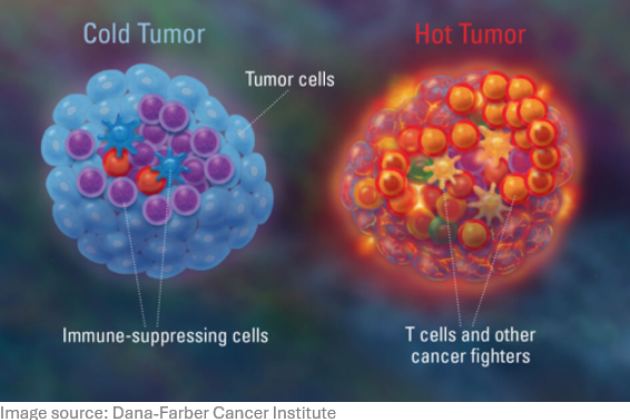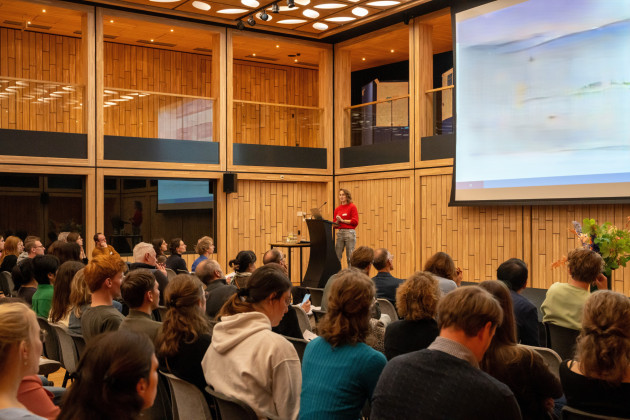POSTDOCTORAL RESEARCHER

Stem cells carrying disease-causing mutations can potentially be corrected through genetic modification of the patient's own stem cells. These modified stem cells can then be transplanted back into the patient, offering a potential curative treatment approach. Autologous CD34+ cell gene therapy can be applied to various diseases, including XLA (X-linked agammaglobulinemia) and other indications. Gene editing technologies are specifically designed to selectively modify target regions of the genome for research or therapeutic purposes. However, ensuring their efficacy and safety necessitates precise delivery to the intended cells. The introduction of the CRISPR/Cas9 system has revolutionized the field of human genome editing and opened up new possibilities for the advancement of cutting-edge cell therapies. Although the CRISPR/Cas9 gene editing system holds significant potential for the treatment of inherited disorders, the internalization of gene-editing proteins poses challenges due to their high molecular weight and polarity, impeding their ability to pass the cell membrane. Utilizing the unique iTOP technology can help to overcome these challenges, so my main mission within the Frank Staal’s team is to set up and optimize this technology for gene editing of human HSCs (CD34, CD34+CD38- and subsets thereof), and furthermore to translate this exceptional technology, developed by Niels Geijsen laboratory, into pioneering gene therapy approaches for immunodeficiency disorders.
I hold a Ph.D. in Molecular Medicine from SBMU, Tehran, Iran, where my research focused on generating insulin-producing hepatocyte-like cells from stem cells as an alternative to β-cells. Following my Ph.D., I embarked on a research journey that led me to the Netherlands, where I joined the biochemistry department of Erasmus MC as a post-doctoral fellow in the labs of Prof. Peter Verrijzer and Dr. Tokameh Mahmoudi. During my time at Erasmus MC, my main focus was on developing an organoid model of fatty liver disease, which served as a valuable platform for investigating biochemical pathways and conducting drug testing. Additionally, I participated in the development of an innovative hydrogel for 3D-culture of bladder organoids. Also, I collaborated on various research projects, including the modeling of the SH-SY5Y cell line and reprogramming of fibroblasts into neurons to investigate the role of USP7 in neurodevelopmental diseases.
In April 2023, I proudly joined the team of Prof. Frank Staal, and I am happy to contribute to a project that has the potential to positively impact the lives of individuals confronting health challenges.



Looking for information on one of our topics, a new place to conduct your research or connect to experienced researchers to join forces with? Feel free to contact us!